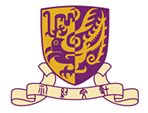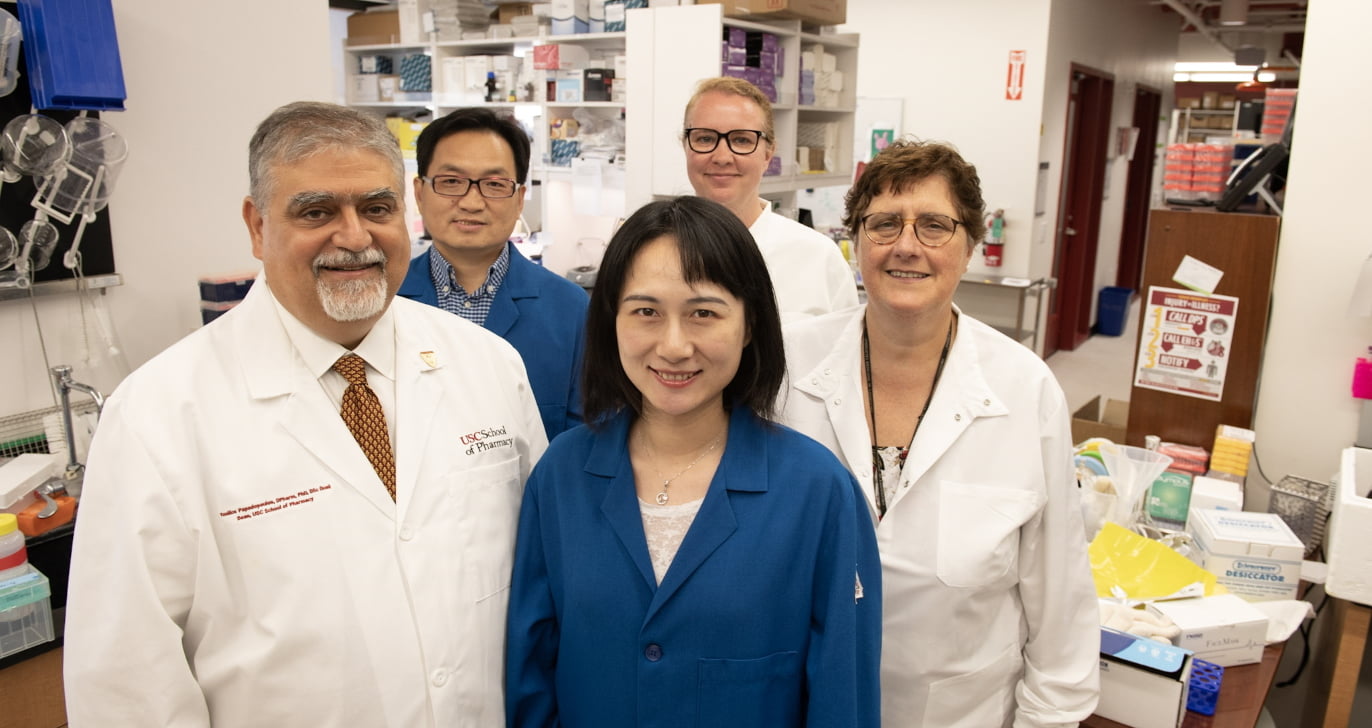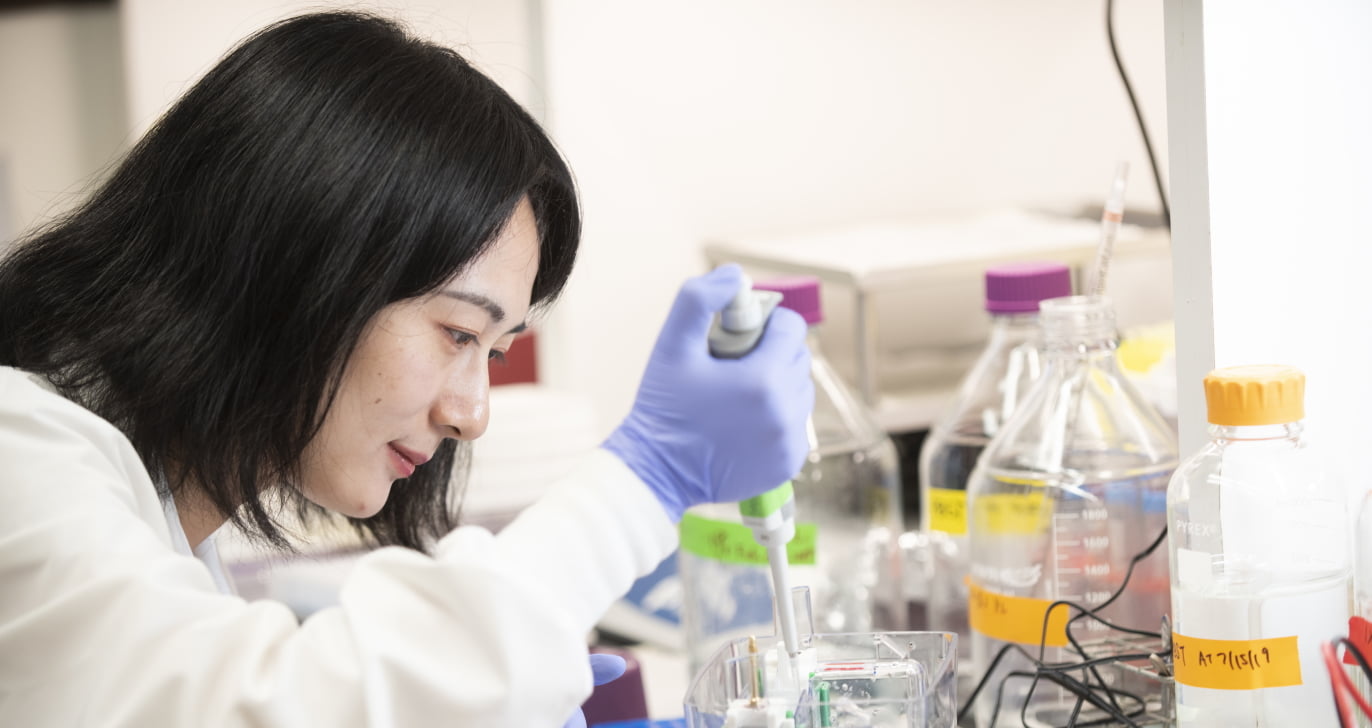黎律,哲学博士研究生
Dr. Li Lu obtained her Ph.D. degree in Biomedical Sciences from the School of Biomedical Sciences (SBS) in 2016 under the supervision of Prof. Chan Wai-yee, focusing on the regulatory role of microRNA in human embryonic development and human induced pluripotent stem cells (hiPSCs) differentiation.
After graduation from SBS, Dr. Li joined Prof. Vassilios Papadopoulos’s Laboratory in the School of Pharmacy, University of Southern California as a Postdoctoral Fellow in 2017 to establish male hypogonadism disease models and to discover new drugs for treating male hypogonadism. In 2019, she reported the successful induction of human Leydig-like cells derived from hiPSCs, which may provide a source for transplantation for the clinical therapy of male hypogonadism. This result was subsequently published in PNAS journal and highlighted on the front cover, and also reported by Daily Mail, Science Daily, and Medical Press. With her discovery of in vitro models of male hypogonadism, she was conferred with the 2019 Anna Steinberger Trainee Research Excellence Award by the American Society of Andrology.
Dr. Li highly regards the training and support she received from SBS which always encourage her to overcome challenges in research and life. While she is now focusing on exploring the underlying mechanism of male hypogonadism and screening new compounds for treating hypogonadal men, she will continue to work on identifying new methods for treating hypogonadal men in a highly accurate and personalized way.
黎律博士於2016年取得香港中文大學生物醫學學院哲學博士學位。在陳偉儀教授的指導下,在本學院期間她主要研究microRNA在人類胚胎發育及多潛能誘導幹細胞分化中的調控作用。
在本學院畢業後,黎博士於2017年加入美國南加州大學藥學院Vassilios Papadopoulos教授的實驗室擔任博士後研究員,研發男性雄激素水平低下的疾病模型和治療該疾病的新型藥物。她於2019年成功誘導出人類雄激素分泌細胞Leydig細胞,該細胞為通過移植療法治療男性雄激素低下提供了潛在材料。此項研究作為封面文章發表於美國國家科學院院刊,並被Daily Mail、Science Daily及Medical Press等權威媒體報道。同時,她憑該研究榮獲2019年美國男科協會Anna Steinberger研究者卓越獎。
黎博士認為在本學院獲得的訓練和支持,使她可以無懼挑戰,並勇敢克服在研究和生活中遇到的困難。她現時的研究重點為探索男性雄激素低下的發病機制及治療方法,她將繼續運用自己所學的知識和經驗,探索雄激素水平低下的治療方法,並為個人精確醫療提供新思路。
黎律博士于2016年取得香港中文大学生物医学学院哲学博士学位。在陈伟仪教授的指导下,在本学院期间她主要研究microRNA在人类胚胎发育及多潜能诱导干细胞分化中的调控作用。
在本学院毕业后,黎博士于2017年加入美国南加州大学药学院Vassilios Papadopoulos教授的实验室担任博士后研究员,研发男性雄激素水平低下的疾病模型和治疗该疾病的新型药物。她于2019年成功诱导出人类雄激素分泌细胞Leydig细胞,该细胞为通过移植疗法治疗男性雄激素低下提供了潜在材料。此项研究作为封面文章发表于美国国家科学院院刊,并被Daily Mail、Science Daily及Medical Press等权威媒体报道。同时,她凭该研究荣获2019年美国男科协会Anna Steinberger研究者卓越奖。
黎博士认为在本学院获得的训练和支持,使她可以无惧挑战,并勇敢克服在研究和生活中遇到的困难。她现时的研究重点为探索男性雄激素低下的发病机制及治疗方法,她将继续运用自己所学的知识和经验,探索雄激素水平低下的治疗方法,并为个人精确医疗提供新思路。





